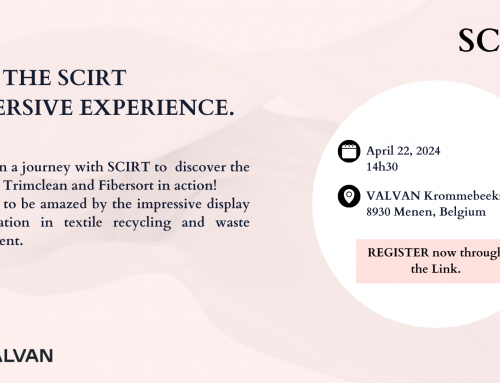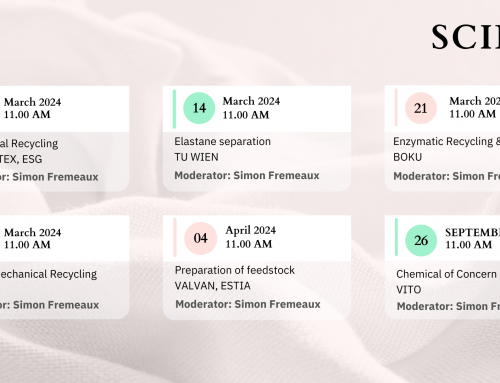Over the three days, this flagship business conference will address how brands can adapt practices to move towards regenerative apparel and deliver on growing stakeholder expectations. We’ll equip delegates with the best-practice and guidance to transform supply chains, scale circularity and drive positive social impacts on the route to net-zero.
Some highlights of the conference agenda include:
- Transformational change: If fast fashion only has 10 years left, what’s next?
- Revised ambition on climate: How procurement must evolve to deliver on the renewed Fashion Industry Charter for Climate Action
- Circular economy in fashion: How to integrate and scale a circular approach throughout your business
- Regenerative apparel: What does a regenerative apparel brand look like in practice?
- Pre-loved is in fashion: How the resale market is changing the retail landscape
- Benchmarking biodiversity: What does a credible biodiversity strategy look like?
- Policy and politics: How apparel brands can navigate legislation, expectation and political deadlock to deliver truly ethical supply
- Green or greenwash: How brands can credibly justify claims to better inform consumers and tackle misinformation
- Living wage: What can the apparel sector learn on living income programs from other industries?
- Material dilemmas: How to measure and understand the complete impact of material choices, and balance the trade-offs
- Traceability and transparency: How brands can use better data to drive sustainable transformation in the supply chain
- Market insights: How do factory owners and directors view sustainable transformation?
- Marketing sustainability: Will marketing departments ever embrace ‘slow fashion’?
To precede discussion at this year’s event, an online pre-conference workshop, ‘Renewed commitments and climate ambition: How to achieve net-zero emissions in the apparel industry’ will take place on 10th March 2022. This exclusive workshop is included in the conference pass.
Over 350 representatives from fashion brands, investors, retailers, NGOs, government, factory representatives and supply chain actors will be present. The objective is to bring together a broad range of key stakeholders to ensure that the dialogue is well rounded, structured and drives progress.




